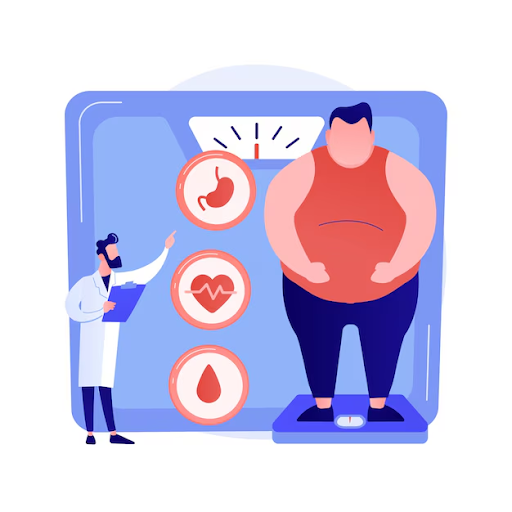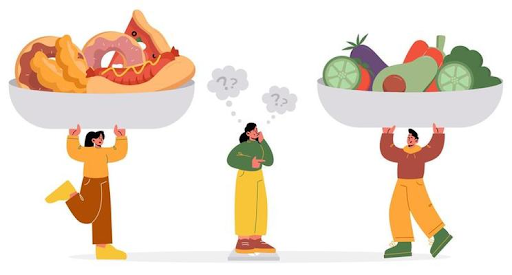Top 5 Causes of Diabetes & How to Prevent It Naturally: A Family Health Guide
Top 5 Causes of Diabetes & How to Prevent It Naturally: A Family Health Guide
In this guide, we’ll explore the top five reasons for diabetes, the science behind them, nutritional tips, and lifestyle changes every family — especially members over 50 — should follow to live a healthy life.
1. Insulin Resistance – The Silent Trigger
Initially, your pancreas works overtime to produce more insulin to keep blood sugar levels stable. However, over time, it becomes worn out, and glucose starts accumulating in the blood. The result? Chronically high blood sugar levels and, eventually, full-blown diabetes.
Signs of Insulin Resistance:
Fatigue after meals
Brain fog
Increased hunger
Belly fat accumulation
🔗 Understanding Insulin Resistance in Everyday Terms
2. Obesity – A Major Risk Factor
Being overweight, especially around the abdomen, significantly increases the risk of diabetes. Fat tissue — especially visceral fat — reduces the body’s sensitivity to insulin. This leads to higher insulin levels and faster burnout of the pancreas.
Did You Know?
For every 5 kg of weight lost, the risk of developing diabetes can be cut in half for some people.
Tips to Beat Obesity:
Walk 30 minutes daily
Choose whole grains over white bread
Avoid sugary drinks, including packaged fruit juice
Practice portion control and mindful eating
3. Genetics – Family History Does Matter
Genetics can play a major role in diabetes. If one or both parents have Type 2 diabetes, the risk of developing the condition increases significantly. But remember: Genetics loads the gun; lifestyle pulls the trigger.
Even if you have a family history, you can delay or completely avoid diabetes through:
Healthy diet
Regular physical activity
Stress management
Family Tip:
If your parents or siblings have diabetes, start annual blood sugar screenings after age 35.
Read the article for reason for hair fall
4. Poor Diet – The Root of Metabolic Imbalance
A diet high in processed foods, saturated fats, and sugars can overwhelm your body’s ability to regulate glucose. Refined carbs (like white rice, white bread, and sugary snacks) cause spikes in blood sugar and increase fat storage.
Healthy Carb Swaps:
External link for diabetic-friendly Indian diet:
🔗 Traditional South Indian Foods for Diabetics
5. Stress – The Invisible Culprit
Chronic stress increases levels of cortisol, a hormone that boosts blood sugar. It also leads to emotional eating, cravings, and weight gain. Long-term stress can damage insulin-producing cells in the pancreas.
How to Manage Stress:
Practice breathing exercises or yoga
Spend time in nature
Take digital detox breaks
Avoid multitasking
For Our Family Members Over 50: A Simple Daily Routine
As we age, our body's metabolism slows down and organs become less efficient. For our beloved parents, uncles, and aunts above 50, here's a routine to maintain blood sugar levels and promote well-being:
Morning:
Wake up early and drink warm water with ½ lemon
Go for a 20-minute walk or light yoga
Eat a balanced breakfast with protein + complex carbs (like oats or millets)
Afternoon:
Keep lunch simple: dal, sabzi, 1-2 rotis, and salad
Take a 10-minute walk post-meal
Avoid heavy naps
Evening:
Eat fruits like guava or papaya (low glycemic index)
Practice meditation or bhajans to reduce stress
Night:
Early dinner (by 7:30 PM), include soups or vegetable stews
Avoid watching screens before bedtime
Check blood sugar monthly even if there are no symptoms
Understanding Carbohydrates and Calories: Why Balance Matters
Carbohydrates are a key source of energy, but too much can be harmful — especially for diabetics.
Carbohydrates come in 3 forms:
Monosaccharides (simple sugars)
Disaccharides (table sugar, milk sugar)
Polysaccharides (starch and fiber-rich foods)
When we overeat carbs, the extra glucose is stored in the liver as glycogen. If not burned, this is converted into fat — and over time, increases insulin resistance.
A Quick Calculation:
1 gram of carbohydrate = 4 calories
If a person needs 1800 calories per day, then:
45% from carbs → 810 calories
810 ÷ 4 = ~202 grams of carbs/day
Split this into 4 meals = ~50g per meal. Balanced diet = balanced sugar.
Internal reads:Curry leaves health benefits
Food Tips for Diabetics:
Include fiber-rich vegetables: spinach, cabbage, methi
Drink jeera water or methi seed water early morning
Eat small frequent meals instead of heavy 3-meal routine
Avoid banana, mango, grapes in large amounts
Family First: Prevention Is Better Than Cure
Encourage your family to:
Join walks together
Cook at home instead of ordering out
Check blood sugar of elders every 3-6 months
Make health a family habit
Diabetes is not a punishment. With awareness, support, and action, we can prevent or delay it.







Nice one Useful for all the people Unique one Keep it up
ReplyDeleteThank you
DeleteNice 👍
ReplyDeleteThank you
DeleteNice one
ReplyDeleteThank you
DeleteNice and useful
ReplyDeleteThank you
DeleteThis comment has been removed by the author.
ReplyDelete